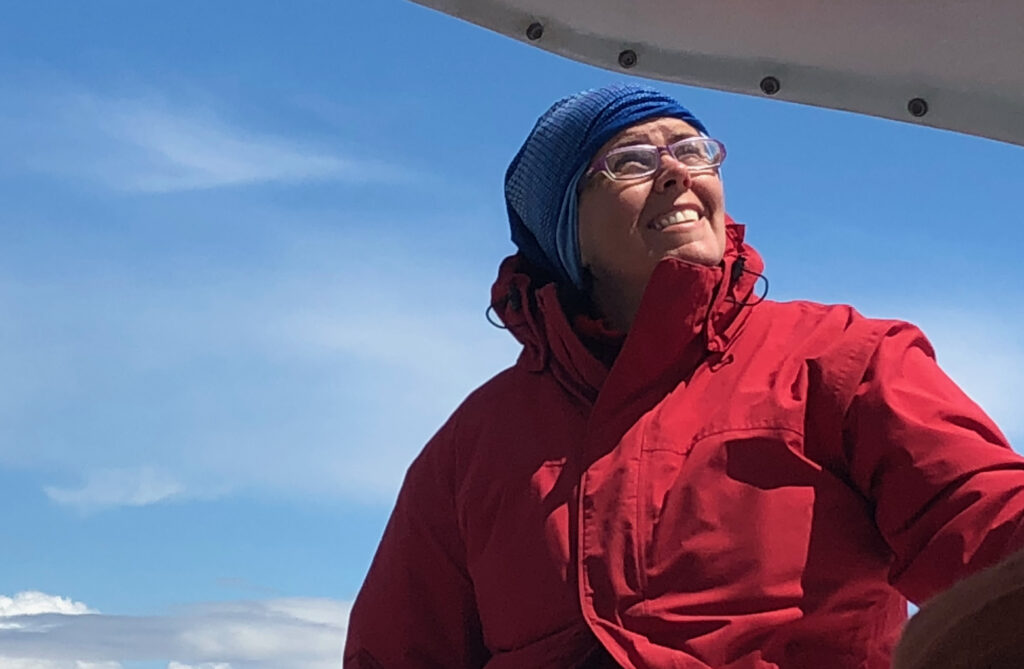Three questions with… Michelle!
Our lab is growing! In our Three Questions series, we’re profiling each of our members and the amazing work they’re doing.
Today’s post features Michelle Riedlinger, a senior lecturer in the School of Communication at the Queensland University of Technology and a research associate at the ScholCommLab. In this interview, she shares her experiences collaborating on research across international borders in the midst of a pandemic. She also offers words of wisdom for avoiding frustrated bosses and online shopping regrets.

Q#1 What are you working on at the lab?
I’m working on a 3-year SSHRC-funded project, Sharing health research: The circulation of reliable health science in a changing media landscape. I’m also finishing up work on a SSHRC Partnership Engage grant-funded project, Mapping the new landscape of science communication in Canada with the Science Writers and Communicators of Canada.
Q#2 Tell us about a recent paper, presentation, or project you’re proud of.
There’s a lot of recent work that I’m proud of. I loved working with the “Sharing health research” team last year on the project that led to the paper published in Health Communication, “Communicating scientific uncertainty in an age of COVID-19: An investigation into the use of preprints by digital media outlets.” We’ve had incredible uptake from media outlets and journalists, thanks to Alice Fleerackers’s wonderful media liaison skills.
In terms of collaborations with other groups, I loved working with communication researchers from around the world on the article, “The Covid-19 mirror: Reflecting science-society relationships across 11 countries”. We had planned to meet in Italy in May 2020, but it became clear in March that it wasn’t going to happen. Instead, we met online every couple of weeks from March to May to compare our countries’ attitudes and approaches to experts and expertise during the first few months of the pandemic. This “world from a desk” research approach was good fun at a time when we all needed some fun.
Both of these articles are included in the World Health Organization’s COVID-19 Global literature on coronavirus disease repository. This is a great resource for researchers if you haven’t come across it before.
Q#3 What’s the best (or worst) piece of advice you’ve ever received?
The most recent piece of good advice I’ve received is, “Never buy anything online when you are lying on the couch.” I’ve ignored this advice to my detriment (e.g. What is that case of wine doing at the front door?).
But the best piece of advice I have received? On my first day in a new job in my 20s, my boss said to me, “Don’t come to me with problems, come with solutions. I’m too busy for problems.” I was horrified at the time, but it’s actually great advice.
Ask for help if you need it but work out what you need rather than plonking a problem on someone else.
Find Michelle on Twitter at @riedlinm.